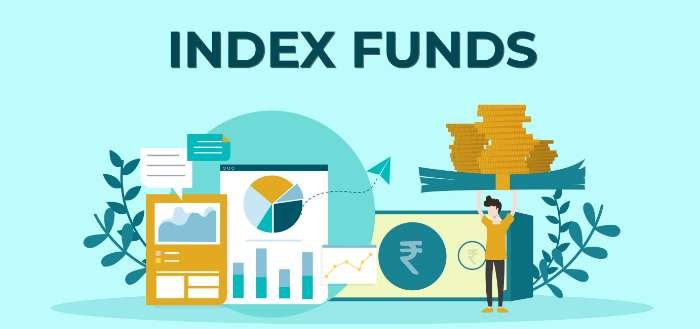What Is an Index Fund?
Call the index (mutual) fund the quiet cousin of ETFs. It works pretty much the same way. In other words, it tracks an index, or what’s called a “benchmark,” such as the S&P 500 or the Dow Jones Industrial Average.
What’s an Index Fund, and What’s the Big Deal?
If you work and have a company-sponsored retirement account like a 401(k), please pay attention. If you’re not invested in a fund that tracks a major stock index, you better get into one. Most plans offer them. In fact, when it comes to investing in mutual funds, index funds should be your first choice.
Index funds will never beat the index or benchmark, but they won’t underperform it, either. That’s the beauty of index-based investing, whether via ETF or index fund. They’re the future of investing. Embrace it. As I’ve said before, ETFs work best for young investors. But an index mutual fund can achieve the same objectives.
Don’t Believe the Hype
Most mutual funds aren’t tied to an index. They adhere to an investment strategy run by a money manager who thinks that because he’s well-paid and has a low handicap, he can beat the benchmark.
People in this role are called “active managers.” As hard as they try to justify their existence, the clear majority never beat the index. Active management is a scam. They charge an arm and a leg for returns no better than the index.
The History of Index Funds
The index fund was born out of this hype. Over 40 years ago, Jack Bogle, founder of Vanguard, launched the first index fund with little fanfare. He realized that most money managers weren’t beating the S&P 500 Index, despite their boasts to the contrary.
His idea was simple. For the do-it-yourself investor (which is most of us), low-cost index funds can generate healthy returns in the long term.
What’s cool about index funds is that, like their cousin the ETF, they make investing easy.
They remove the emotional barriers. No more agonizing about what stocks to buy.
Why Invest in an Index Fund Over an ETF?
ETFs and index funds charge roughly the same expense ratio to invest in an index like the S&P 500. But after that, things start to diverge.
When buying an ETF, you may pay a commission each time you buy or sell. When buying a mutual fund, you may have to make a minimum down payment.
But what really separates the mutual fund from the ETF is distributions. Mutual funds pay capital gains and dividends, which are normally reinvested in the fund at no cost to you. Or you can take them as cash payments. You’ll pay taxes no matter what route you chose.
ETFs, meanwhile, rarely pay out capital gains. But they do distribute dividends. Some funds reinvest the dividends in the ETF at no cost, but others may require you to pay a commission to have the dividends reinvested.
Benefits of Index Funds
Index funds offer low-expense, passive investing and diversification. You know exactly what you’re getting and exactly what part of the market you’re tracking.
Again, index investing is incredibly simple. It’s buy-and-let-ride!
If you’re in a company retirement account like a 401(k), you have limited choices. Still, I bet there’s an index mutual fund available to you. I doubt your 401(k) offers ETFs.
Or let’s say you have a taxable brokerage account. ETFs will work best for you if you’re risk-averse and likely to panic when the markets turn choppy. Sure, you can get out of your ETF a lot faster than your mutual fund, but that’s poor planning. Stay put and buy more when all hell breaks loose. Buy low, sell high!
Final Thoughts
I hope I have succeeded in introducing you to the basics of investing and have properly explained how ETFs, mutual funds, and index funds are the best (and least expensive) tools available today to help you to start saving and building wealth.
No investment product is perfect, and I plan to explain those imperfections in a later column. But let me just say that what I recommend here comes from the heart. I use index funds in my 401(k) and ETFs in both of my individual retirement accounts (IRAs).
Both products have served me well and give me some peace of mind that my wife and I won’t be eating cat food in retirement.
Securities and Advisory Services offered through GWN Securities, Inc., A Registered Investment Advisor. Member FINRA and SIPC. 11440 N Jog Road, Palm Beach Gardens, FL 33418, 561-472-2700 LA Wealth Management and GWN Securities, Inc. are non-affiliated companies.
This article's view is the author's and does not reflect the opinion of any member of CentSai's management. The author is not being paid by any financial services company nor has been paid to promote any individual product or service. The author is not a financial advisor or a broker-dealer. The content above is education-only and any reader is encouraged to seek advice from a registered financial advisor before taking any action.


